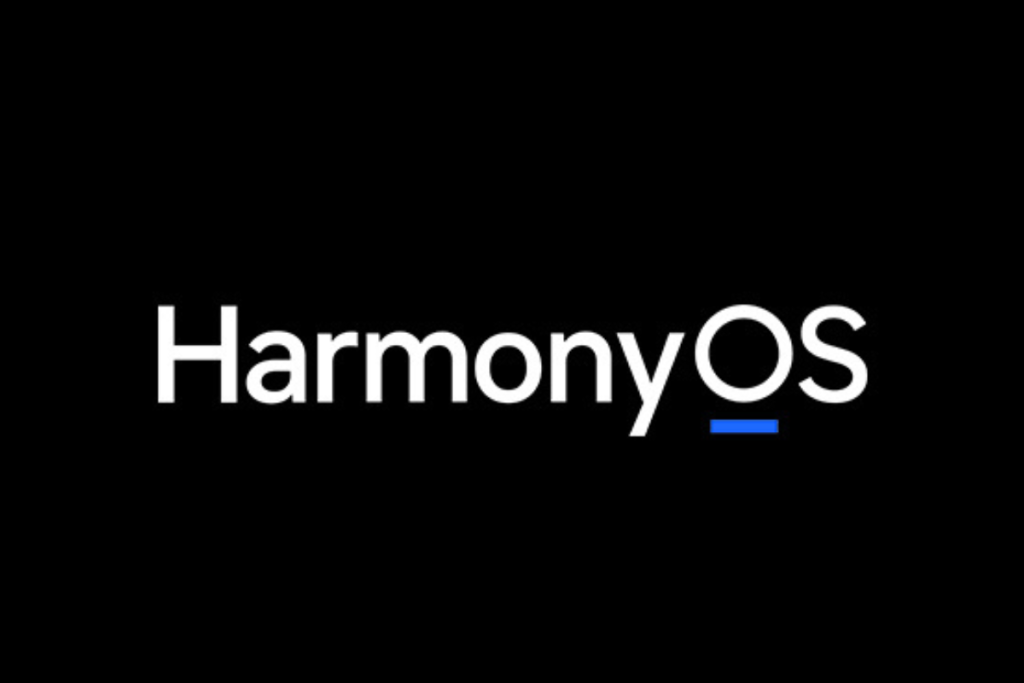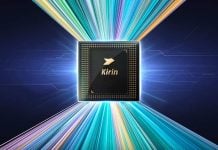Last year Huawei unveiled the “HarmonyOS NEXT” operating system exclusively for developers. This operating system does not support Android apps and could be the future of Huawei smartphones and other connected smart devices. A previous report from Nikki Asia claimed that Huawei’s HarmonyOS NEXT (unveiled in January as the newest version of its proprietary operating system) could rival iOS and Android going forward.

HarmonyOS NEXT aims to become the third most preferred mobile operating system
Now the latest news is that Huawei is aiming to roll out the HarmonyOS ecosystem globally. As a result of the US sanctions in 2019, the company came up with a new operating system named HarmonyOS for their smartphones, tablets, and other connected smart devices.
Huawei’s proprietary operating system has been limited to the home country so far, but now the company is aiming to expand it globally. During this year’s Analyst Summit Huawei’s current chairman, Xu Zhijun revealed the plans. Huawei believes that it can make it the World’s third-most preferred operating system for mobile devices.
The company is working closely with developers to build a robust app ecosystem for HarmonyOS. The company will first focus on the Chinese market. According to Xu, people in their home country spend most of their time on a collection of nearly 5000 apps. As usual, the company will focus on the availability and seamless performance of those apps at first.
However, building the app ecosystem and competing the established giants like Google’s Play Store or Apple’s App Store can be challenging. According to data from Business of Apps, the Google Play Store currently has a collection of over 3.2 million apps and the App Store also has over 2 million. It will be interesting to see how the global market responds if Huawei becomes successful in building a competing app ecosystem.
Speaking of HarmonyOS NEXT, the company is also reportedly working on a new self-made “Harmony Kernel” instead of using a Linux kernel. For those unfamiliar, the kernel forms the foundation of the operating system. So Huawei is really trying to make its operating system stand out from Android.
Related:
- Xiaomi 13 Ultra Premium Camera Phone is now only $799
- Get $100 OFF on Xiaomi 14 Pro at Giztop (1TB Variant)
- Lenovo Legion Y700 2024: Latest Gaming Tablet with Enhanced Display now available at Giztop
- Top 6 HyperOS Features You Absolutely Can’t Miss






